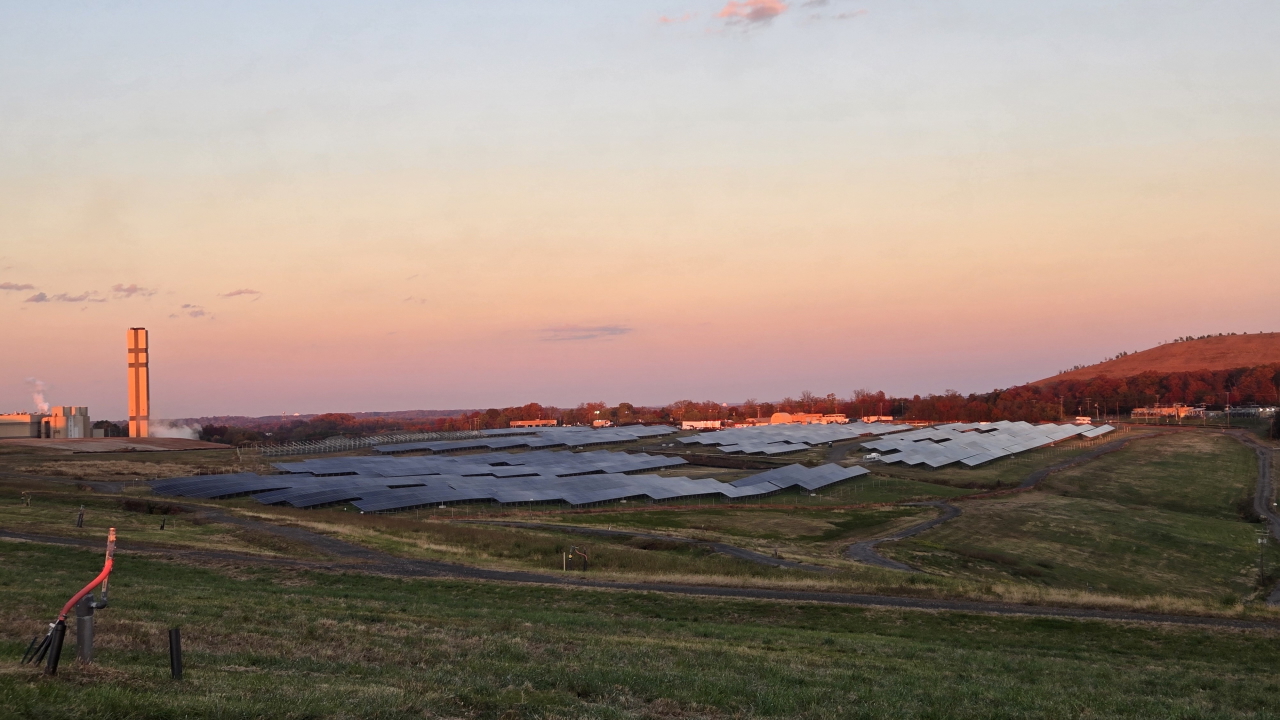Sweet Home Solar: Unlocking Alabama's Solar Potential
Download resource
Sweet Home Solar: Unlocking Alabama's Solar Potential

When the CEO of the largest investor in the world labels climate change as the most important issues companies face, people listen. “Climate change is almost invariably the top issue that clients around the world raise with BlackRock," Larry Fink wrote in his influential annual letter[1] aimed at other CEOs. “We don’t yet know which predictions about the climate will be most accurate, nor what effects we have failed to consider. But there is no denying the direction we are heading. Every government, company, and shareholder must confront climate change.” While climate change can be political, renewable energy doesn’t need to be. Americans may not be able to agree on what type of straw to use or whether the Green New Deal is a good policy; but we can agree that saving money, creating local jobs and promoting energy independence is in our best interest. Renewable energy is the most impactful way to address the threat of climate change and it also offers companies and organizations a way to cut costs, plan for the long-term with budget certainty and reduce their environmental impact. The world is shifting to renewable energy and in order to remain competitive and attract top businesses, students and talent; the great state of Alabama needs to accelerate the transition to renewable energy. Students and young professionals are the loudest voice in this movement. Millennials are now the majority of the workforce and according to a recent survey from Deloitte[2], they see climate as the number one threat facing their generation. Fast Company reported on a survey[3] that found most millennials would take a pay cut to work for an environmentally responsible company. And of course, there are the students that went on a climate strike to the tune of more than 1 million people across 125 countries. When large employers are looking for a home for their next corporate office, warehouse operation or manufacturing plant, the state’s energy mix and available renewable energy options comprise a large part of the decision-making process. This is evidenced by 221 of the world’s largest companies and most recognizable brands (e.g. Coca Cola, Goldman Sachs and General Motors) signing on to the Renewable Energy (RE) 100 list. Leading companies like Walmart are now surveying their suppliers to better understand their sustainability and renewable energy practices and scoring them accordingly. While Alabama is admittedly well behind other states when it comes to availability of renewable energy, Alabama Power does deserve at least some credit for their recent projects with military bases and Walmart; as does the Tennessee Valley Authority for their projects with facebook and Google. But that’s just a start. Renewable energy should be an option available to all organizations, not just those that are relocating to the state or who have the largest energy loads. 30 states now have a renewable energy portfolio standard (RPS) and even those that do not have an official standard or goal often have programs in place for renewable energy allowing for third party ownership. A few of Alabama’s neighbors offer good examples. Georgia is 10th in the US in solar capacity and has rolled out several programs over the last few years including the Advanced Solar Initiative (ASI) and the Renewable Energy Development Initiative (REDI). The sunshine state is finally starting to live up to its name and ranks 5th in solar capacity, with numerous projects with municipalities and electric cooperatives. They are also is in the process of rolling out programs making solar available to residential and commercial customers. Over the coming months, MEI intends to work with our local and regional partners to improve Alabama’s competitive advantage by empowering its leading organizations. Access to renewable energy will allow these organizations to compete on a national and international scale, to recruit and retain top talent, to lower operational costs, to more accurately plan for the long term and reduce their environmental impact. Expanding renewable energy access and energy choice to customers is the first step to making Alabama a leading state in renewable energy and unlocking its solar potential.
- Richard Walsh
[1] https://www.blackrock.com/corporate/investor-relations/larry-fink-ceo-letter [2] https://www2.deloitte.com/content/dam/Deloitte/global/Documents/About-Deloitte/deloitte-2019-millennial-survey.pdf [3] https://www.fastcompany.com/90306556/most-millennials-would-take-a-pay-cut-to-work-at-a-sustainable-company



